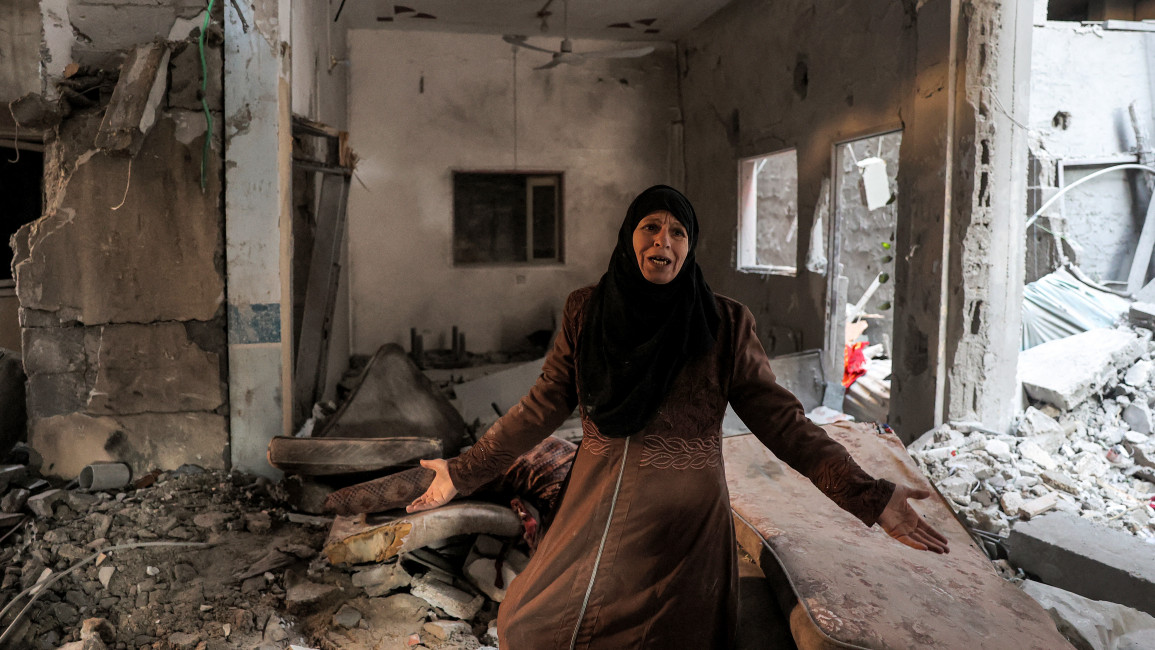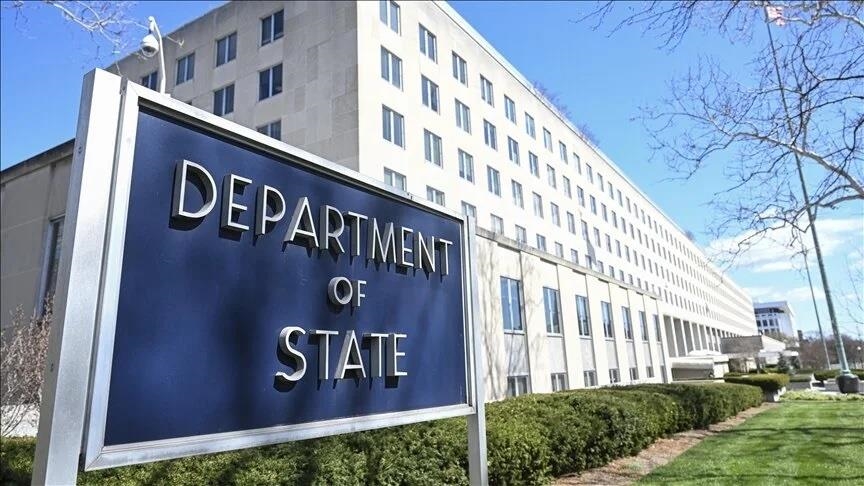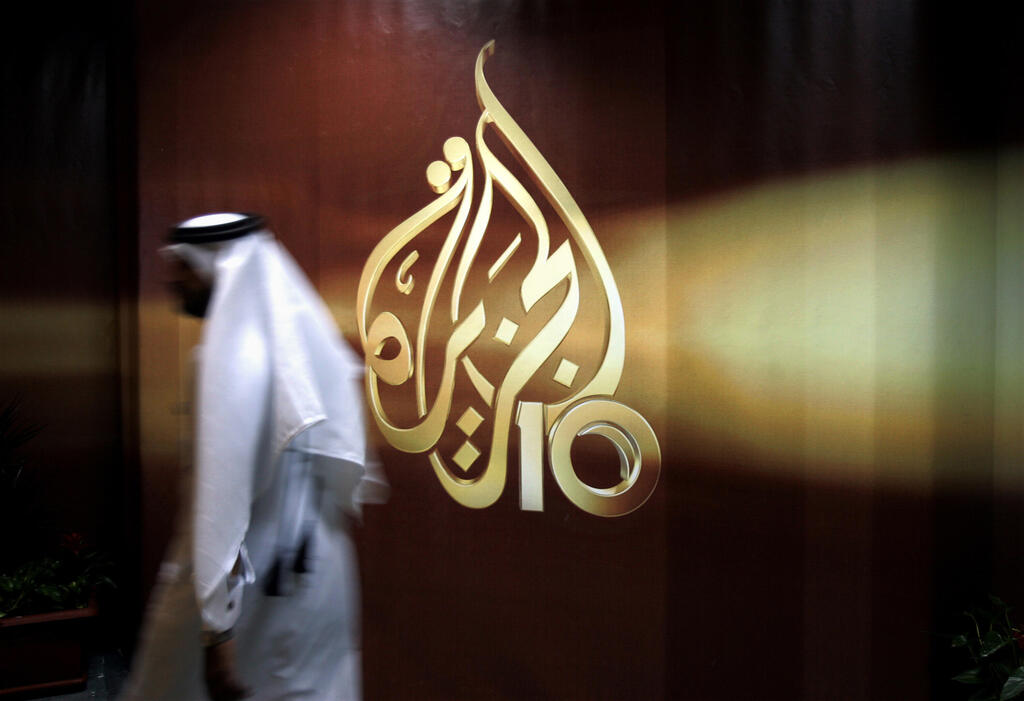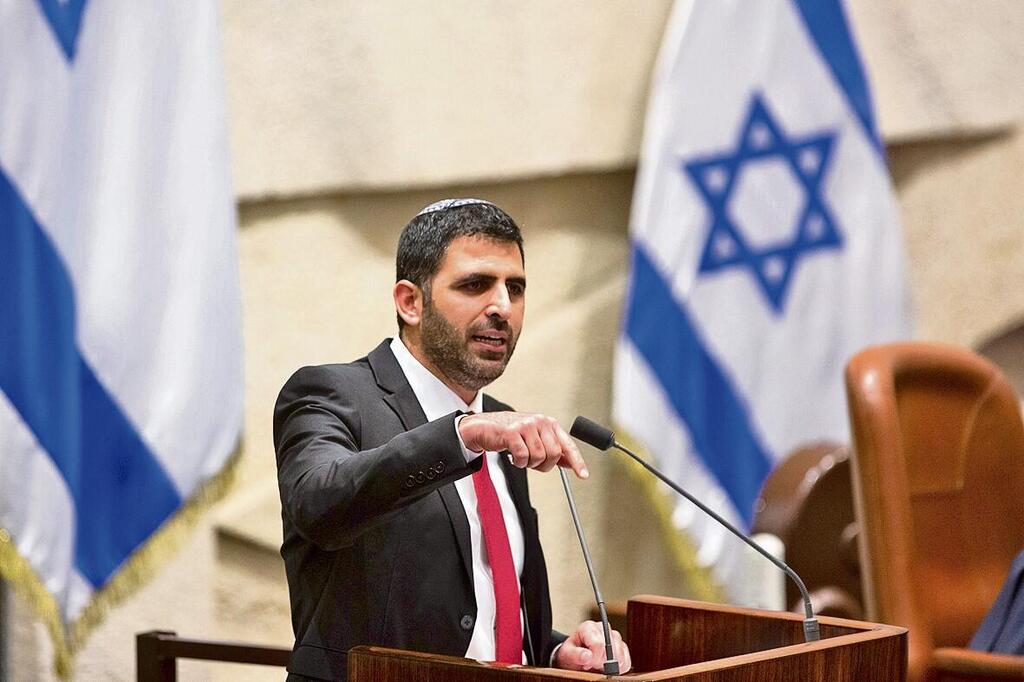How Israel Inadvertently Empowered Palestinian Media – OpEd

By Ramzy Baroud
By granting its 2024 World Press Freedom Prize to Palestinian journalists covering the Israeli war on Gaza, UNESCO has acknowledged a historic truth.
Even if the decision to name Gaza’s journalists as laureates of its prestigious award was partly motivated by the courage of these journalists, the truth is that no one in the world deserves such recognition as those covering the genocidal war in Gaza.
“As humanity, we have a huge debt to their courage and commitment to freedom of expression,” Mauricio Weibel, chair of the international jury of media professionals, which made the recommendation for the award, truthfully described the courage of Gaza’s journalists.
Courage is an admirable quality, especially when many journalists in Gaza knew that Israel was seeking to kill them, often along with their families, to ensure the horror of the war remains hidden from view or, at best, contested as if a matter of opinion.
Between Oct. 7, 2023, and May 6, 142 Palestinian journalists in Gaza were killed by Israeli bombardment or were assassinated or executed. This is higher than the number of journalists killed in the Second World War and the Vietnam War combined.
This number does not include many bloggers, intellectuals and writers who did not have professional media credentials. It also excludes the many family members who have been killed along with the targeted journalists.
But there is more to Gaza’s journalists than bravery.
Whenever Israel launches a war on Gaza, it almost always prevents international media professionals from entering the Strip. This go-to strategy is meant to ensure the story of the crimes that the Israeli army is about to commit goes unreported.
The strategy paid dividends in Operation Cast Lead in 2008-09. The true degree of the atrocities carried out in Gaza during that war, which resulted in the killing of more than 1,400 Palestinians, was largely known when the war was over. By then, Israel had concluded its major military operation and the corporate mainstream Western media had done a splendid job in ensuring the dominance of the Israeli political discourse on the war.
Israel’s behavior since that war has remained unchanged: barring international journalists, placing a gag order on Israeli journalists and killing the Palestinian journalists who dared to cover the story.
The August 2014 war on Gaza was one of the bloodiest for journalists. It lasted 18 days and cost the lives of 17 journalists. Palestinian journalists, however, remained committed to the story. When one fell, 10 seemed to take their place.
The Occupied Territories have always been one of the most dangerous places to be a journalist. The Palestinian Journalists’ Union reported that between 2000 — the start of the Second Intifada — and May 11, 2022, the day Israel murdered the iconic Palestinian journalist Shireen Abu Akleh, 55 journalists were killed by the Israeli army.
That number might not seem too high if compared to the latest onslaught on Gaza but, as per international standards, it was terrifying. And it was based on an equally disturbing logic: killing the storyteller is the quickest way to kill the story itself.
For decades, Israel, an occupying power, has managed to depict itself as a victim in a state of self-defense. With few critical voices in the mainstream media, many around the world believed Israel’s deceptive discourse on terrorism, security and self-defense.
The only obstacle that stands between the truth and Israel’s engineered version of the truth is honest journalists — thus, the ongoing war on the media.
What Israel did not anticipate is that, by blocking international media access to Gaza, it would inadvertently empower Palestinian journalists to take charge of their own narrative.
“Interpretations depend very much on who the interpreter is, who he or she is addressing, what his or her purpose is, at what historical moment the interpretation takes place,” late Palestinian intellectual Edward Said wrote in “Covering Islam.”
Like any other form of intellectual interpretation, journalism becomes subjected to the same rule of positionality in academia, as in the relationship between the identity of the researcher and the social or political context of the subject matter.
Palestinian journalists in Gaza are both the story and the storytellers. Their success or failure to convey the story with all its factual and emotional details could make the difference between the continuation or the end of the Israeli genocide.
Though the war is yet to end, Gaza’s journalists have already proven to be deserving of all the honors and accolades, not only because of their courage but because of what we actually know about the war, despite the numerous and seemingly insurmountable obstacles created by Israel and its allies.
Most people all over the world want the war to end. But how did they acquire the information that made them realize the extent of the horror in Gaza? Certainly not through Israel’s cheerleaders in the mainstream media. Rather, it was through Palestinian journalists on the ground using every means and every available channel to tell the story.
These journalists include self-taught youngsters, like 9-year-old Lama Jamous, who wore a press vest and conveyed the details of life in displacement camps in southern Gaza, reporting from Nasser Hospital and many other places with poise and elegance.
As for the accuracy of information provided by these journalists, they were certainly professional enough to be verified by numerous human rights groups, medical and legal associations and millions of people around the world who used them to build a case against the Israeli war. Indeed, all we know about the war — the death toll, the degree of destruction, the daily human suffering, the mass graves, the famine and much more — came from these Gaza-based reporters.
The success and the sacrifices of Gaza’s journalists should serve as a model for journalists and journalism around the world, as an example of how news about war crimes, sieges and human suffering in all its forms should be conveyed.
\
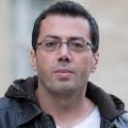
Ramzy Baroud (www.ramzybaroud.net) is an internationally-syndicated columnist and the editor of PalestineChronicle.com. His book is My Father Was a Freedom Fighter: Gaza's Untold Story (Pluto Press, London), now available on Amazon.com
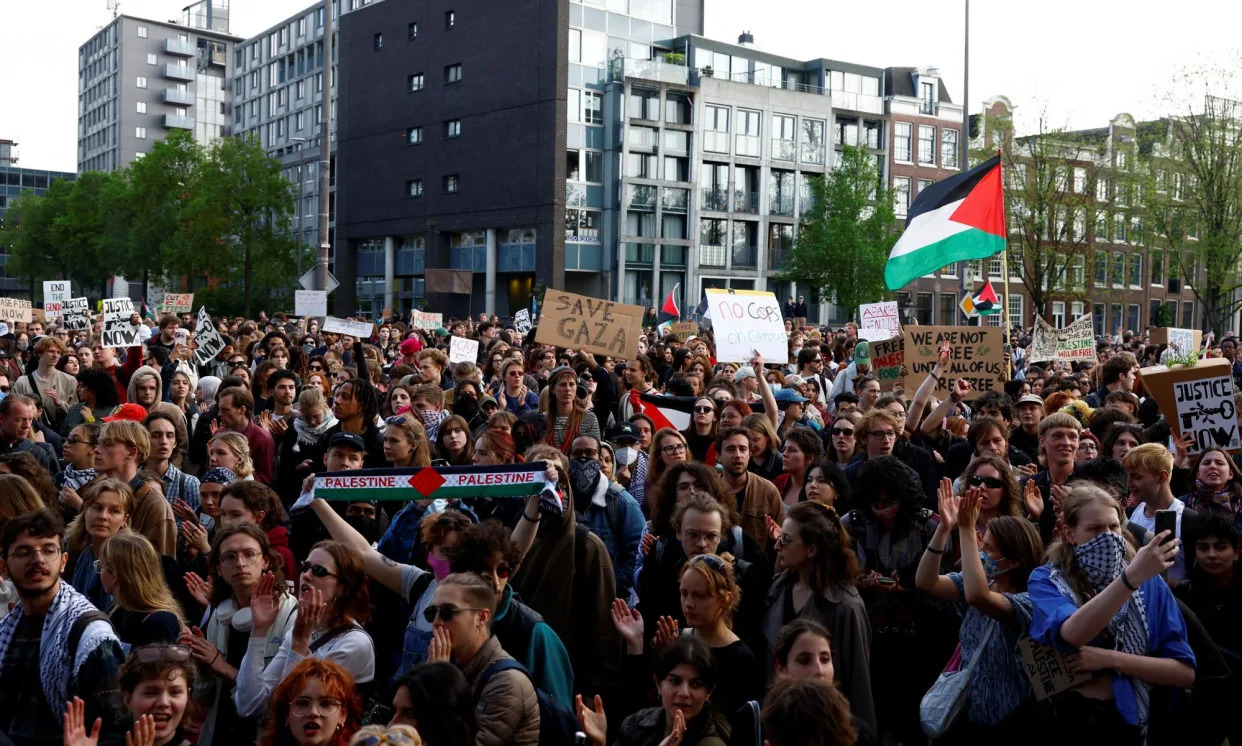

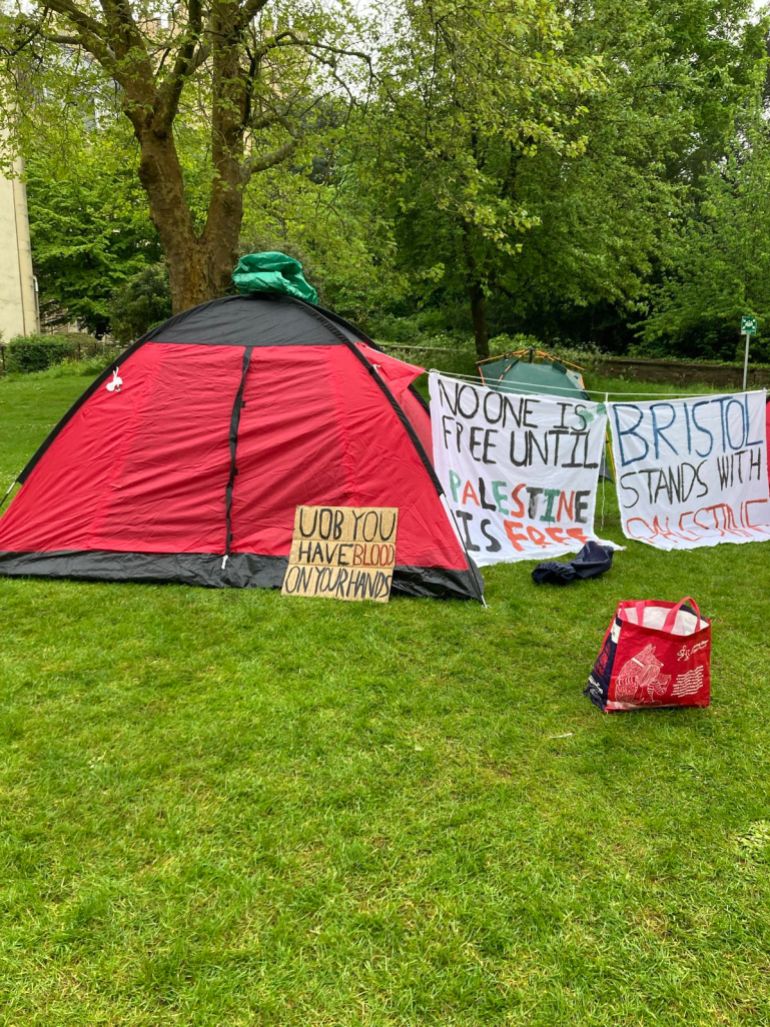


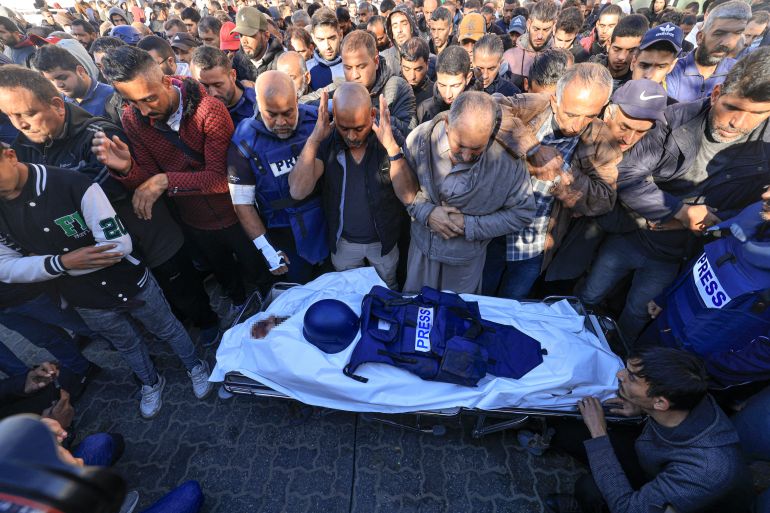

 Al Jazeera’s bureau chief in Gaza, Wael Dahdouh, centre, hugs his daughter during the funeral of his son Hamza Wael Dahdouh, a journalist with the Al Jazeera television network, who was killed in a reported Israeli air strike in Rafah in the Gaza Strip on January 7, 2024 [AFP]
Al Jazeera’s bureau chief in Gaza, Wael Dahdouh, centre, hugs his daughter during the funeral of his son Hamza Wael Dahdouh, a journalist with the Al Jazeera television network, who was killed in a reported Israeli air strike in Rafah in the Gaza Strip on January 7, 2024 [AFP] [Al Jazeera]
[Al Jazeera] Al Jazeera established a monument at its headquarters in Doha carrying the names of those who have paid the ultimate price in the line of duty [Al Jazeera]
Al Jazeera established a monument at its headquarters in Doha carrying the names of those who have paid the ultimate price in the line of duty [Al Jazeera]

